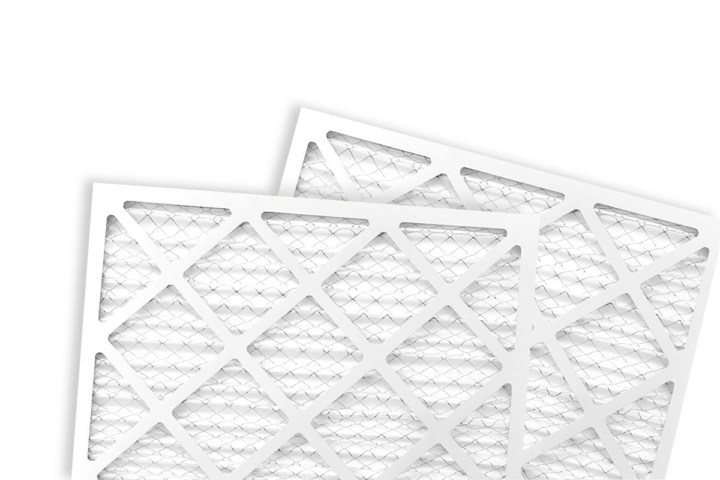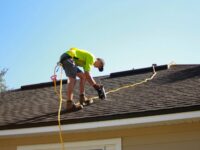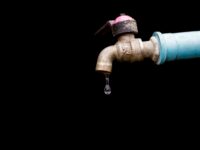The following contribution is from another author.
One of the most crucial components of the HVAC system is the air filter, which plays a vital role in improving indoor air quality by trapping dust, allergens, and pollutants. Regularly changing your air filter is essential to ensure optimal system performance and safeguard building occupants’ well-being. Your HVAC system provides fresh, clean air to your home by filtering out pet hair, dust, and other particulates in air filters.
How to Change the Air Filter of an HVAC System?
Changing the air filter of your HVAC system is a simple yet critical maintenance task that should be performed regularly. Follow this step-by-step guide on how to change your air filter:
Locate the Air Filter
The air filter is typically located in the return air duct or near the HVAC system’s air handler. Refer to your system’s manual if you are unsure of its exact location.
Turn Off the System
Before attempting to change the air filter, turn off the HVAC system to ensure safety and prevent any debris from circulating.
Remove the Old Filter
Carefully slide out the old filter from its slot. Take note of the filter’s size and type for replacement.
Inspect the Old Filter
Examine the old filter for signs of dirt, dust, and debris buildup. If the filter appears dirty or clogged, it’s time for a replacement.
Install the New Filter
Installing the new filter with the correct size for example 16x25x1 air filters, 18x20x1 air filters. Then, place the new air filter into the slot and check if it fits securely. Follow the arrows on the filter frame, indicating the correct airflow direction.
Turn On the System
Once the new filter is installed, turn on the HVAC system and verify that it is operating correctly.
What Happens if You Don’t Change Your Air Filter Regularly?
Neglecting to change your air filter regularly can have significant consequences on your HVAC system’s efficiency and indoor air quality. Here are some of the potential issues that may arise:
Reduced System Efficiency
A clogged or dirty air filter obstructs the airflow, forcing the HVAC system to work harder to maintain the desired temperature. This increased workload leads to reduced efficiency and higher energy consumption, resulting in higher utility bills.
Poor Indoor Air Quality
An unchanged air filter accumulates dust, allergens, and pollutants, which continue to circulate throughout the indoor air. This can lead to health issues, particularly for individuals with allergies or respiratory conditions.
Increased Wear and Tear
A dirty air filter puts strain on the HVAC system’s components, particularly the fan and blower motor. Over time, this strain may lead to premature wear and tear, resulting in costly repairs or even system failure.
Frozen Evaporator Coils
Restricted airflow caused by a dirty air filter can lead to frozen evaporator coils. This further decreases the system’s efficiency and may require professional intervention to fix.
System Breakdown
If the air filter is severely clogged and neglected for an extended period, it can lead to a complete system breakdown. This can result in discomfort for building occupants and costly emergency repairs.
Conclusion
Regularly changing your air filter is an essential aspect of HVAC system maintenance that should not be overlooked. A clean and efficient air filter enhances indoor air quality, reduces energy consumption, and prolongs the lifespan of your HVAC system.
By making a habit of changing your air filter regularly, you can ensure that your HVAC system operates at its best, providing a comfortable and healthy indoor environment for your home or business. Protect your investment and the well-being of occupants by prioritizing air filter maintenance and choosing high-quality filters from Simply Filters.
















